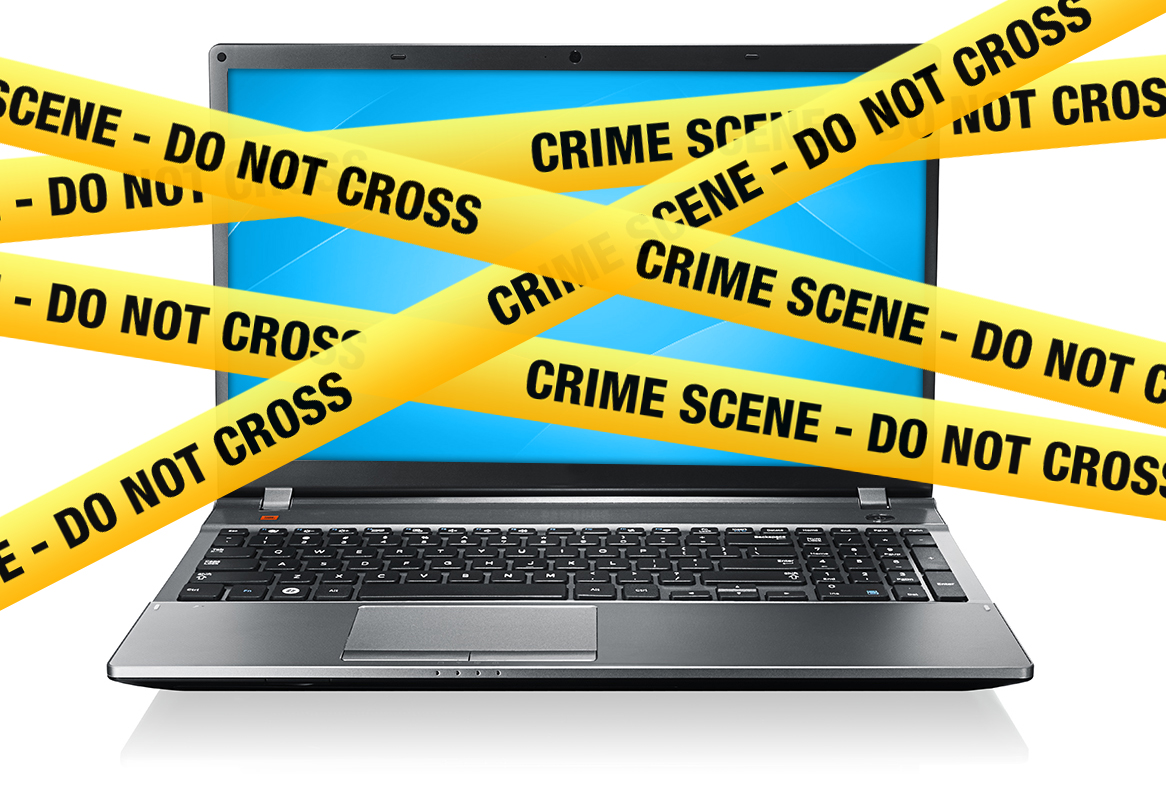5 IT Security Horror Stories
- Posted by stratchi
- no responses
For businesses, nothing is scarier than having important personal and business data in the wrong hands. As an IT and tech support company in Chicago, we understand the necessity for safeguards. Our data centers and data recovery services ensure the safety and security of critical data, no matter the company size or industry segment. Here are five horrifying IT security scenarios that are surprisingly rectifiable.
Mobile Device Loss
According to Jaspreet Singh, CEO and Founder of data protection and governance company Druva, about 70,000 smartphones, laptops, and other mobile devices are lost every year at airports, in hotel rooms, and in taxis. The loss of personal and business information can leave you and your company at risk for even greater theft and data loss.
Fear not, technology to the rescue. With continuous synchronization and data backup, data can easily be transferred to a new device. To significantly reduce a possible security breach, sensitive data and information can be wiped from the device remotely with data loss protection (DLP) software.
Data Theft
A large storage and archiving company was the victim of a massive data theft when a significant number of encrypted drives were stolen from a van transporting them to an off-site location. Not to mention, the van was unlocked and unattended.
The physical security of devices is just as important as securing the data they contain. All data and devices should be encrypted to reduce risk. Also, make sure off-site storage facilities and transportation methods are secure with a highly trained staff.
Laptop Theft
A physician at Lucile Packard Children’s Hospital at Stanford University reported that his hospital-issued laptop was stolen from his car, putting the information of about 57,000 patients at risk. While the computer was password-protected, it wasn’t immediately apparent what kind or how much data was on the computer. Fortunately, the information on that laptop was years out of date, and didn’t contain any financial or personal information. Although the result could have been much worse, this is another example of how data safeguards are essential.
BYOD
Singh continues that Bring Your Own Device offers flexibility and freedom for employees, but can also put confidential information at risk. If users are accessing personal information or files over unprotected wireless access (or, as discussed, lose their device) your entire business could be at risk.
First and foremost, make sure your employees understand the risks and, if they can help it, that they aren’t supposed to access certain files or information using their devices. If a device is lost or stolen, thankfully DLP software can clear a device and make it unusable for the thief.
Web Traffic Detour
In April 2010, 15% of U.S. government Internet traffic was redirected through China for about 18 minutes, including traffic to and from the sites of the U.S. Army, Navy, Marine Corps, Air Force, the office of the Secretary of Defense, the Senate, and NASA. Though the Chinese government denied it, a major flaw was found in a government data center that could easily have been exploited to redirect traffic.
Building in restricted user access could have prevented such an incident. By incorporating lists of authorized users, network administrators can control which users, devices, and specific IP addresses are permitted to access specific data, applications, and computing functions.
For further information on IT security, please visit our website at www.chicago-it-support-services.com




